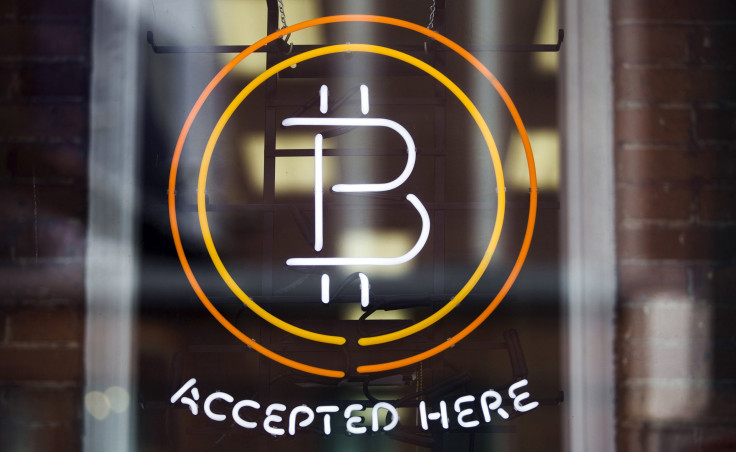Bitcoin Gold Rush Is Over As Investors Get Bored Of Cryptocurrency

Is the world getting tired of bitcoin? The popular but controversial cryptocurrency’s price rose slowly on Monday, after falling to an 11-month low over the weekend.
Experts say the price drop is a sign that investors looking to make a quick buck are losing interest, but that might not be a bad thing for bitcoin. Its price plunge -- the currency lost more than 18 percent of its value on Sunday -- ended after buyers scooped up $7.8 million worth of bitcoins that were selling for $300 each on Bitstamp's exchange Monday morning, according to CoinDesk, a bitcoin resource and news site.
“All the guys who are in it for the money in the short term are getting bored. They’re losing their patience with bitcoin, which is a good thing for people who want to see it catch on as a currency,” Lars Holdgaard, a software developer and former director of the Danish Bitcoin Foundation, said.
The buzz surrounding bitcoin piqued the interest of investors and the mainstream media last year, driving the digital currency’s price to over $1,100 a unit in November, and again in December. EBay CEO John Donahoe called it “the future of online payments” before announcing that the company’s mobile transaction service, PayPal Here, would allow users to spend bitcoin at participating merchants in September.
PayPal’s involvement gave bitcoin a brief boost, but it has continued to fall in value since late last year. The global market is still trying to determine what the value of a bitcoin should be, and as some investors sell off large swaths of them, bitcoin “miners” use powerful computer rigs to release more online.
“It's worth remembering that the currency is still inflating, and will do so for many years to come. So new coins constantly come onto the market that must be soaked up by new demand,” according to Mike Hearn, a software developer and former Google engineer who says he now devotes most of his time to bitcoin. Volatility, he added, "has been 'normal' for bitcoin so far -- giant spikes in price caused by press cycles, followed by quieter periods in which the price slowly falls until it steadies out."
Despite its price volatility, bitcoin has become popular for Asians looking for ways to avoid taxes and fees -- like the 10 percent charged by Western Union for money transfers. Bitcoin also faces a major obstacle in its regulation: Russia plans to ban bitcoin’s use for payments much like China has, preventing financial institutions from dealing with it in the mainland. Strict regulations could halt bitcoin's development, Holdgaard said, but if history has taught us anything, it is that "technology usually prevails."
For anyone complaining about the current price of bitcoin, remember it has more than doubled over the last 12 months. pic.twitter.com/FVv18UuODW
- Roger Ver (@rogerkver) October 5, 2014And while some short-term investors may be losing interest, Tokyo-based angel investor Roger Ver said that bitcoin's lowest price on Sunday was more than double its value a year ago. While government bans and price volatility are some of bitcoin’s biggest obstacles, it was "still the cheapest and fastest way to send and receive money, no matter the price," he said on Twitter early Monday morning.
© Copyright IBTimes 2024. All rights reserved.











